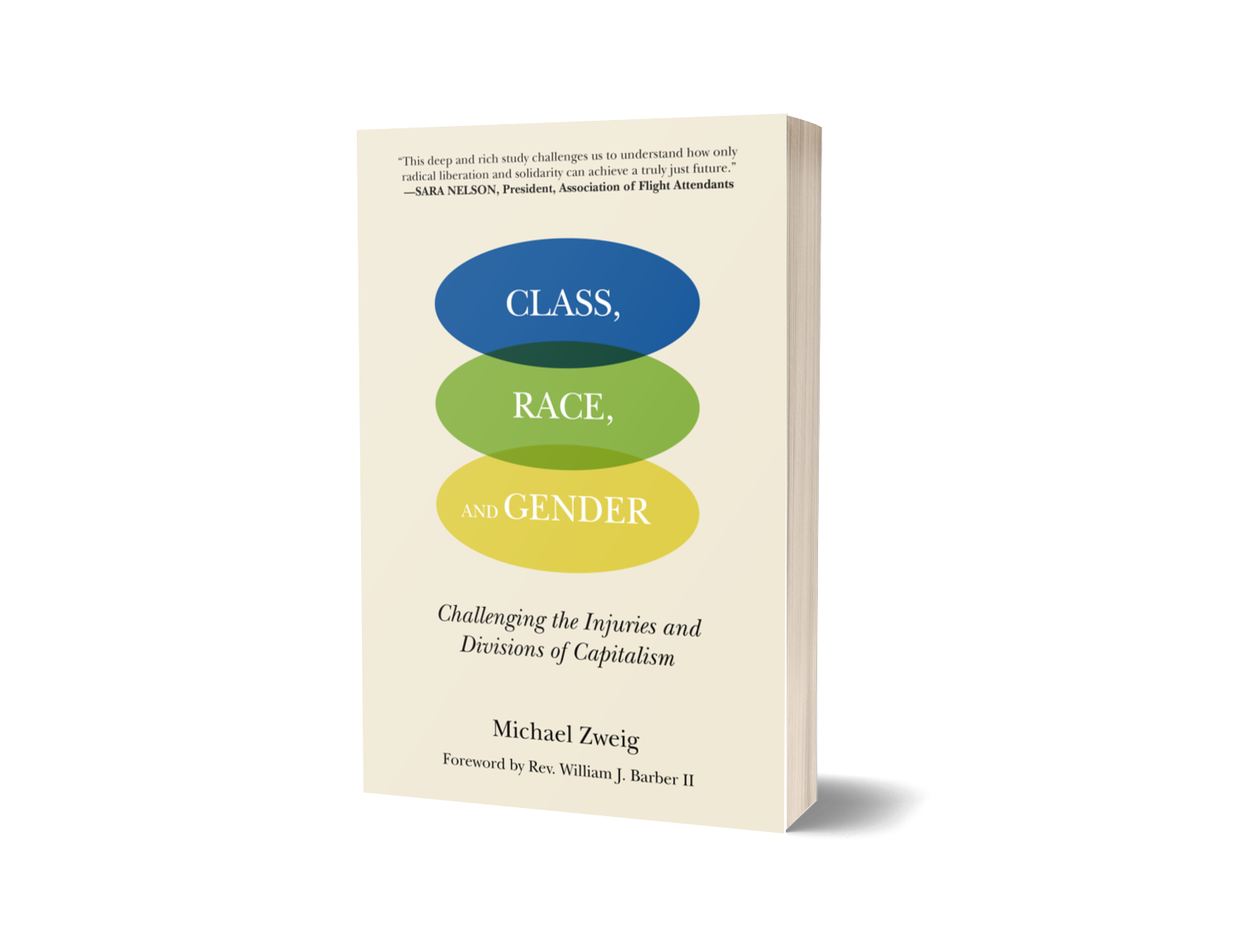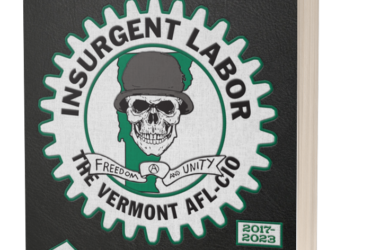Part 1
Michael Zweig, author of the forthcoming book Class, Race and Gender: Challenging the Injuries and Divisions of Capitalism, speaks to Occupy Wall Street protestors on November 14th, 2011.
Class, Race, and Gender: Challenging the Injuries and Divisions of Capitalism is for those who want to understand the underlying connections among today’s social justice movements. Bringing forth the basic operations of capitalist economies, it reveals what is driving many of today’s most urgent and vexing problems: the common origins of the inequalities of income, wealth, and power; environmental devastation; militarism; racism and white supremacy; patriarchy and male chauvinism; periodic economic crises; and the cultural conflicts that are tearing at US life. Michael Zweig illuminates all propositions with specific examples from US history, from the first settlement of the New World to current life, including his own lived experiences as an activist, educator, and organizer over the past six decades. As such, the book is an urgently needed resource for activists and organizers seeking structural and moral transformation of life in the US. Building on his analysis, Zweig also presents strategies for political action in electoral and movement-building work.
Michael Zweig, emeritus professor of economics and founding director of the Center for Study of Working Class Life at the State University of New York at Stony Brook, received the SUNY Chancellor’s Award for Excellence in Teaching. His past books include Religion and Economic Justice; The Working Class Majority: America’s Best Kept Secret; and What’s Class Got to Do with It? American Society in the Twenty-First Century. From 2005 to 2006, he served as executive producer of the documentary Meeting Face to Face: The Iraq-U.S. Labor Solidarity Tour. In 2009 he wrote, produced, and directed the film Why Are We in Afghanistan? which won the Working Class Studies Association Studs Terkel Award for media and journalism. In 2014 he received their award for lifetime contributions to the field of working-class studies.
Part 2






